Lenovo will gain the upper hand in AI PCs by focusing on user experience
The company will focus on developing new AI features
2 min. read
Published on
Read our disclosure page to find out how can you help Windows Report sustain the editorial team. Read more
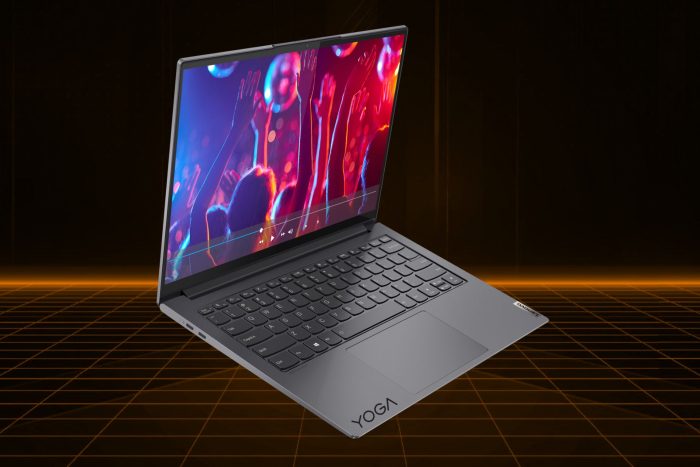
Lenovo will use a different strategy than other AI companies and focus on AI features instead of specifications. Their main goal is to enhance the user’s experience while performing tasks with AI. So, they might work around Copilot and give it some new tools.
The company will also bring something different than Copilot. However, they didn’t disclose details about the future project, except that they will make it very different from the Microsoft AI assistant. So, besides new AI features, Lenovo wants to bring something that will help them take the upper hand against competitors. After all, the future AI PCs using Windows 11 will come with Copilot.
How is Lenovo’s definition of AI PC different?
Most companies have their definition of what an AI PC is. For example, Lenovo doesn’t care about Tera Operations per Second (TOPS), the metric used to assess processing power. Instead, they believe that AI PCs are different from ordinary ones because they are specifically for AI.
Not caring about the TOPS is a bold move. After all, Intel, AMD, and Qualcomm are competing to meet Microsoft’s AI requirement of 40 TOPS. However, Lenovo stated that companies still need to meet that criteria and focus on what’s available.
In addition, Lenovo breaks AI PCs into two categories: Essential and Pros. The Essential AI PCs lack a GPU and are better for light AI tasks, while the Pro AI PCs have a GPU, CPU, and NPU and can do tasks that benefit from graphical processing power and AI.
During its Innovate event in Bangkok, Lenovo unveiled Yoga devices, a range of high-end and budget-friendly AI PCs with AI-powered functionalities. One of their features is the Lenovo AI Core chip, designed to improve AI’s performance, preserve battery life, and enhance cooling.
On top of that, they added the Creator Zone software, which creates visuals from text prompts or sketches. Additionally, Lenovo will deliver the Creator Zone by the end of 2024.
In conclusion, Lenovo will focus on AI features and user experience to differentiate it from competitors. Also, they will bring new tools to make Copilot even more useful on their devices. However, we don’t know yet exactly what they want to develop. So, we are eager to hear more from the company.
What are your thoughts? Are you going to get a Lenovo AI PC? Let us know in the comments.
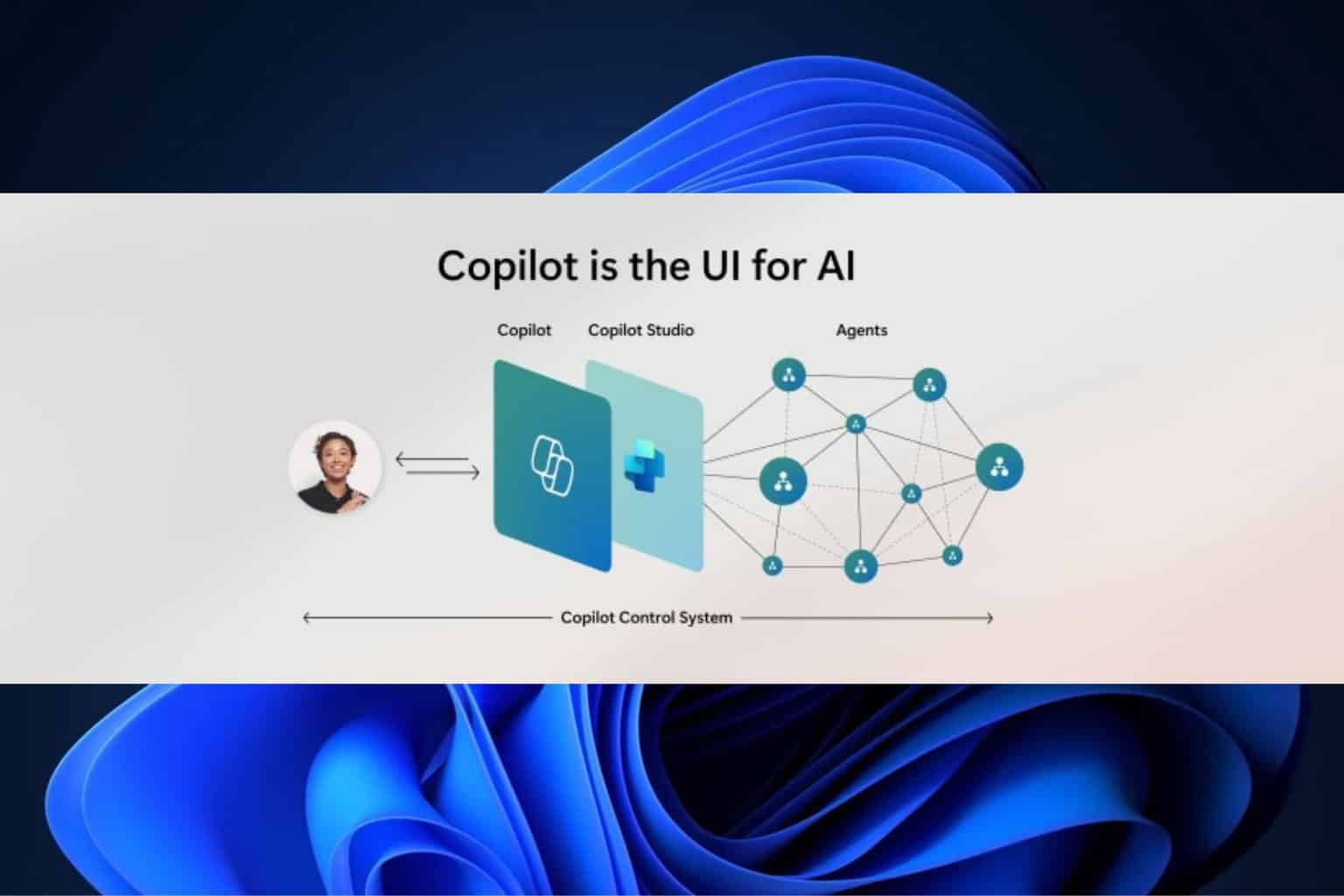
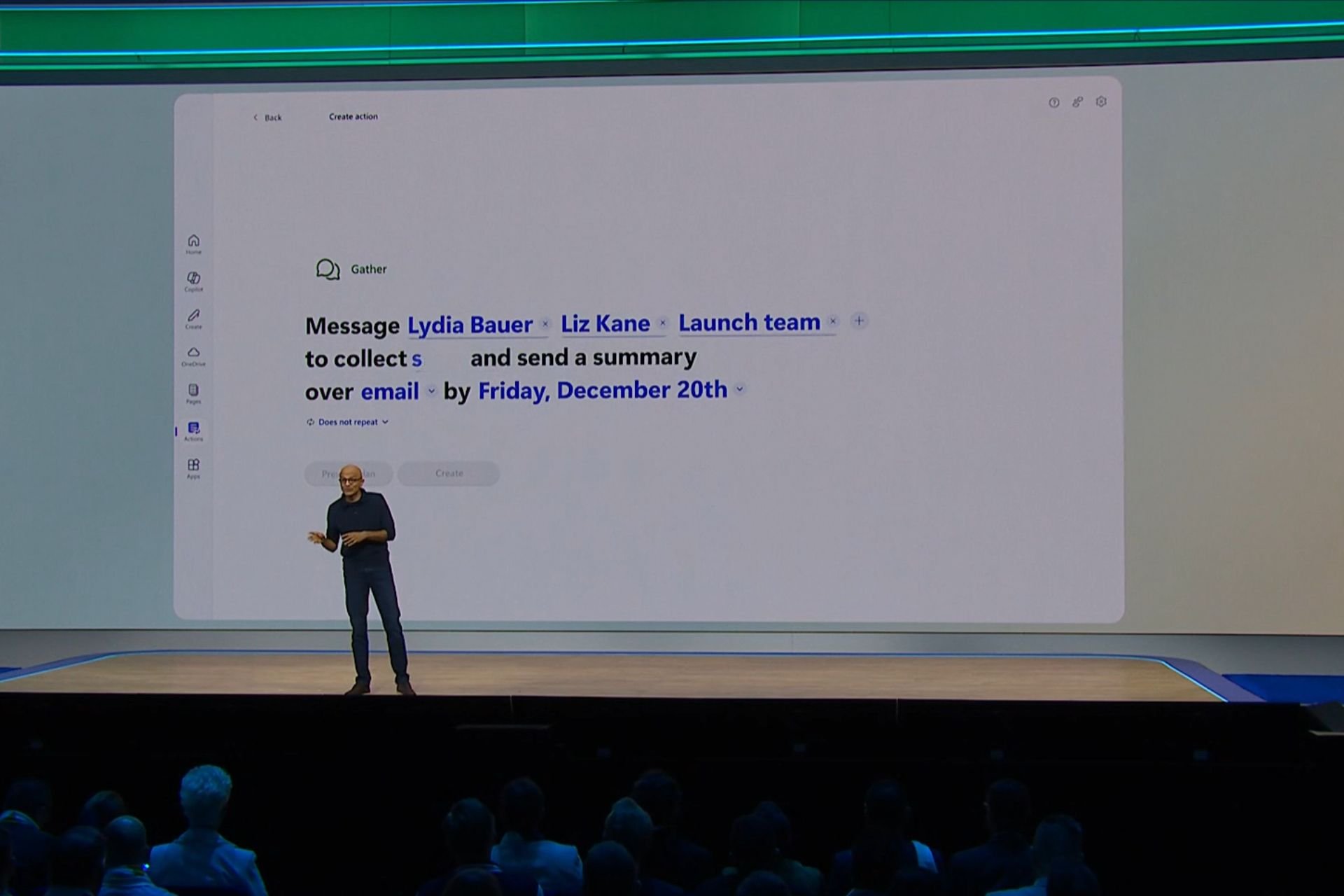
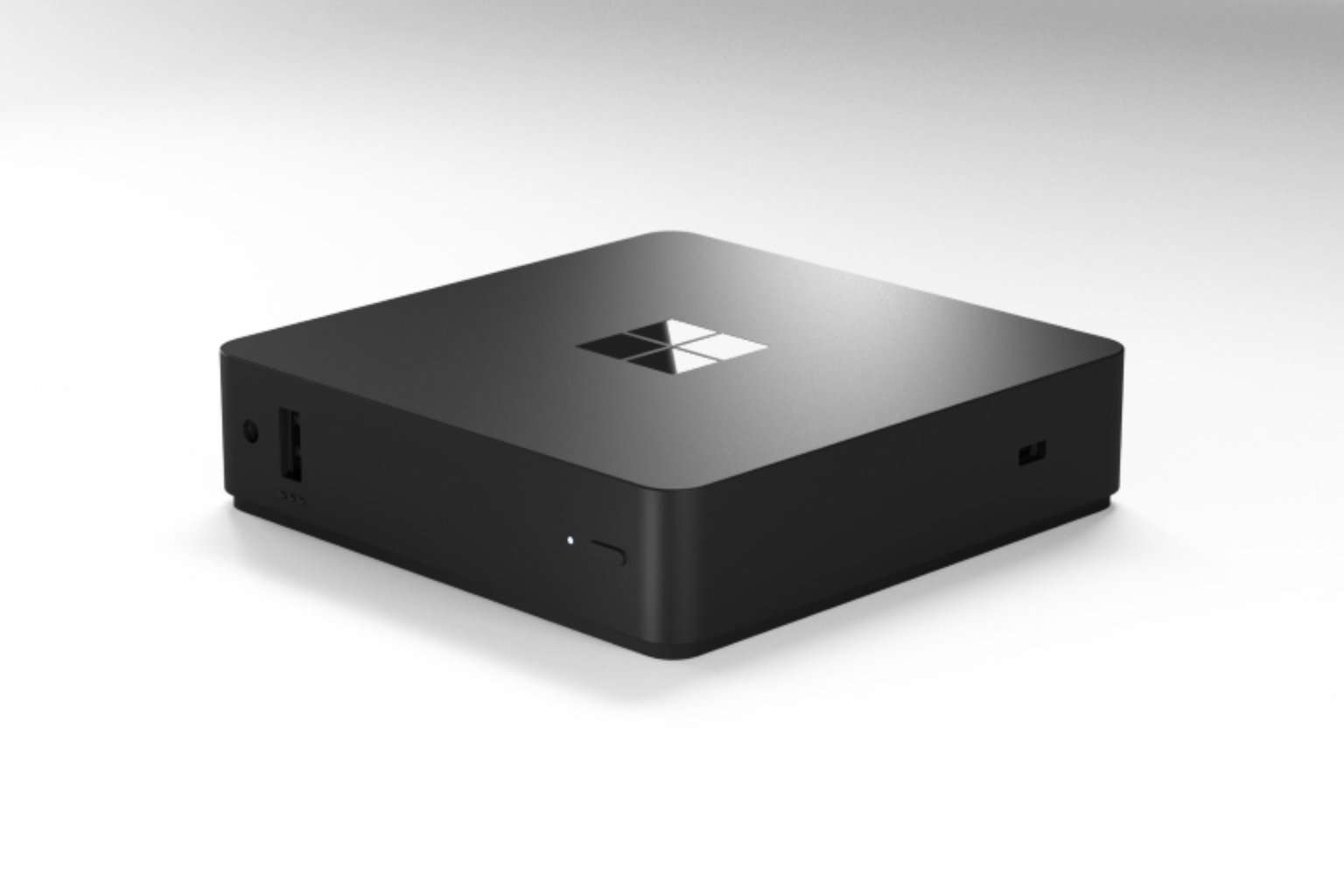
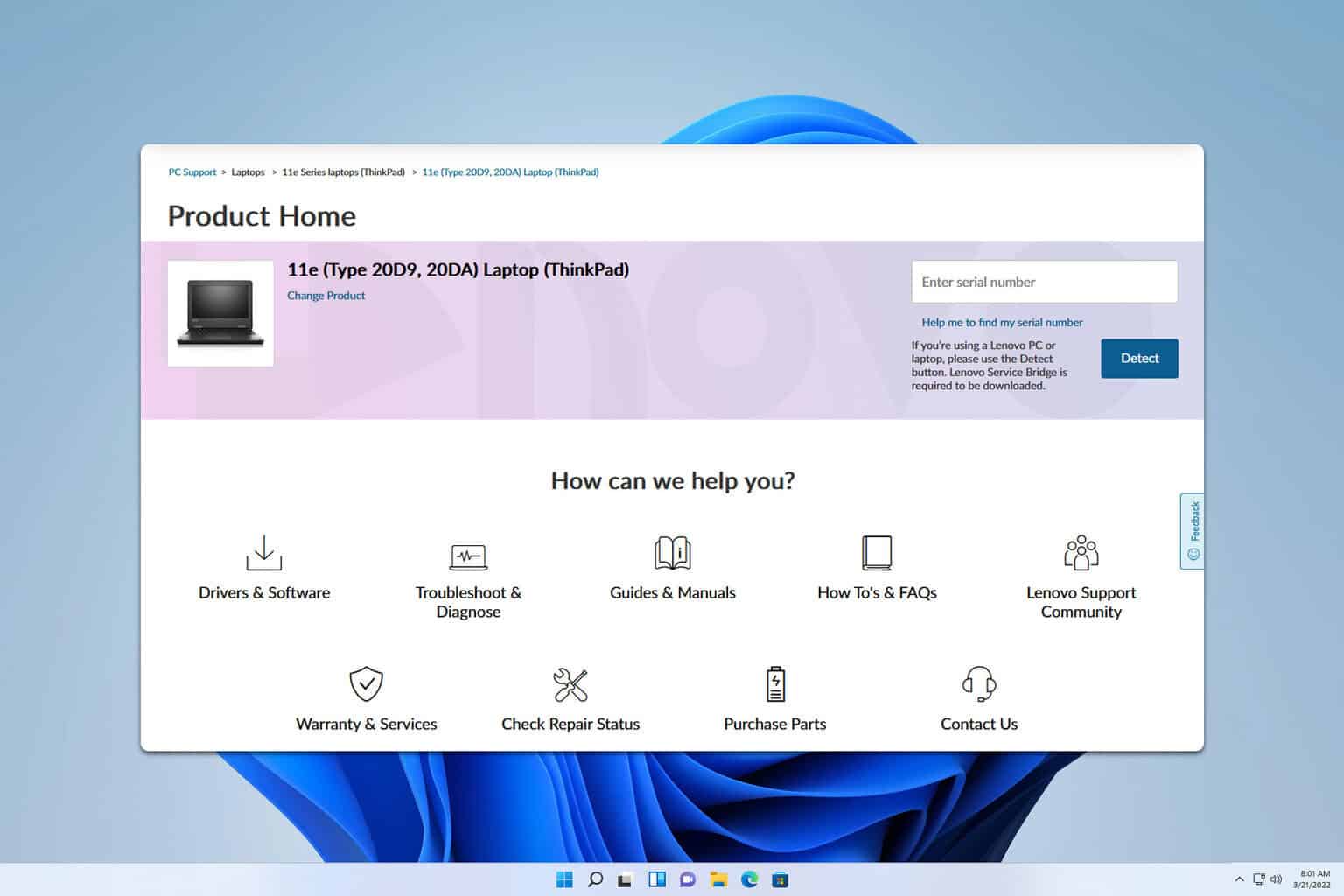

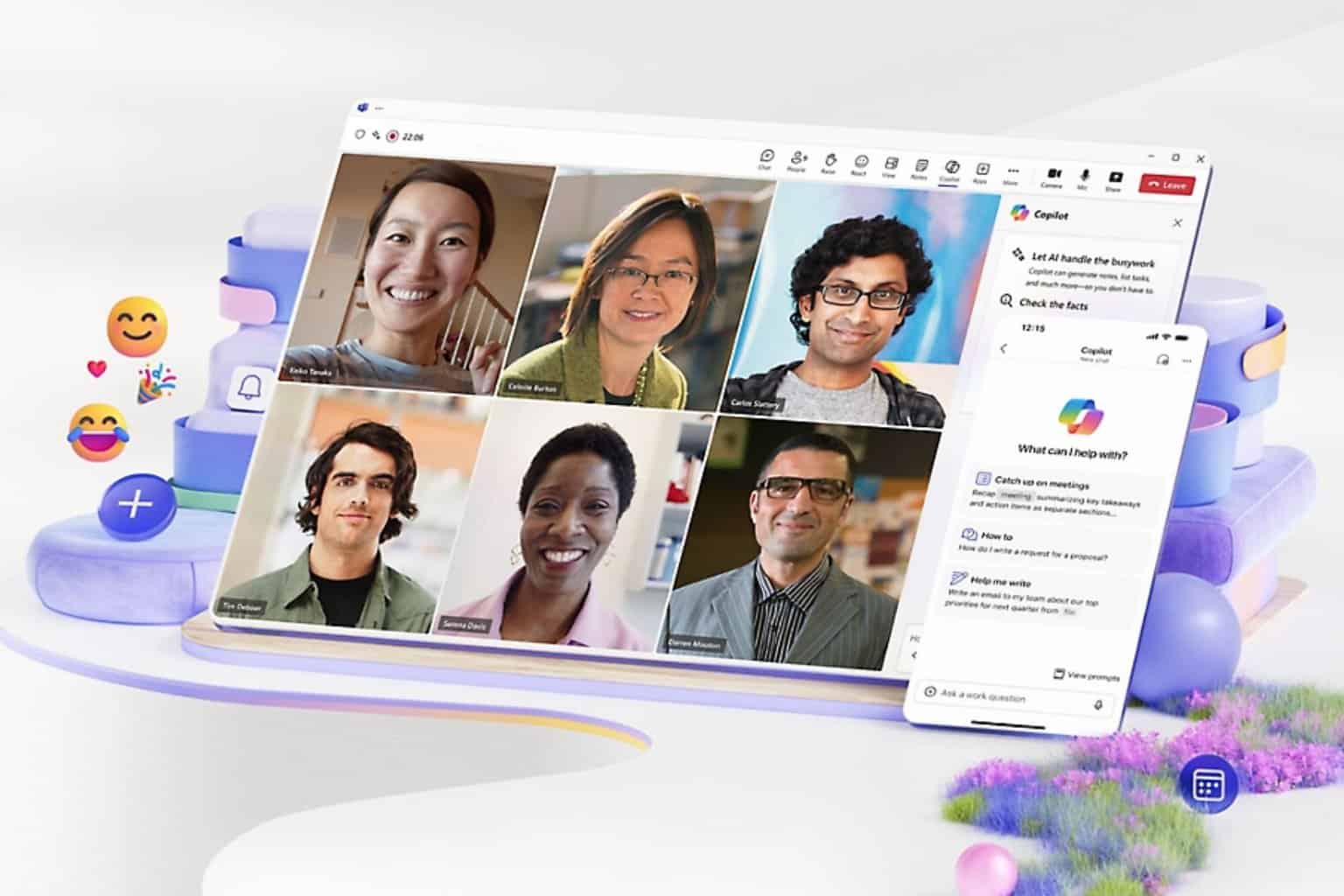
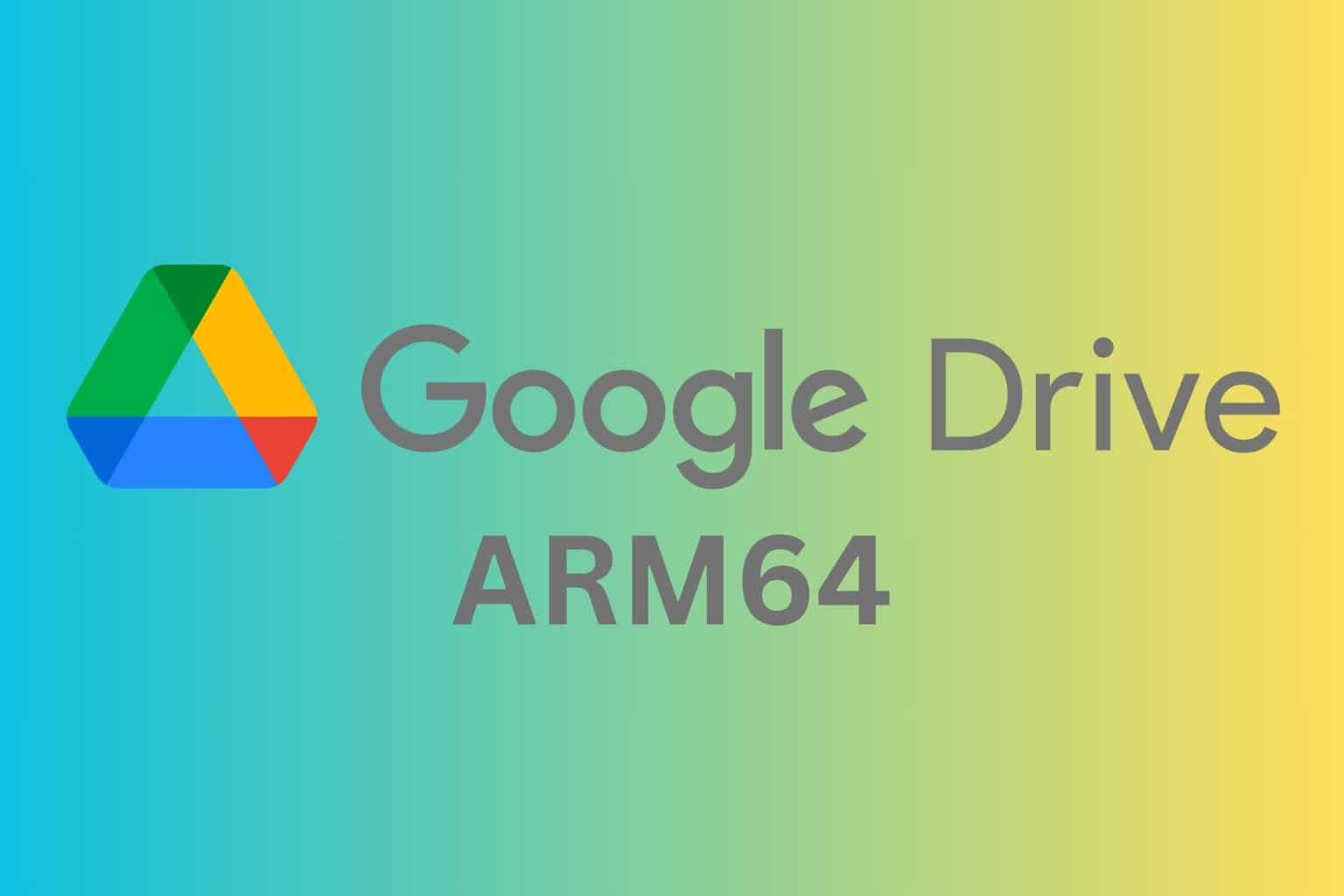
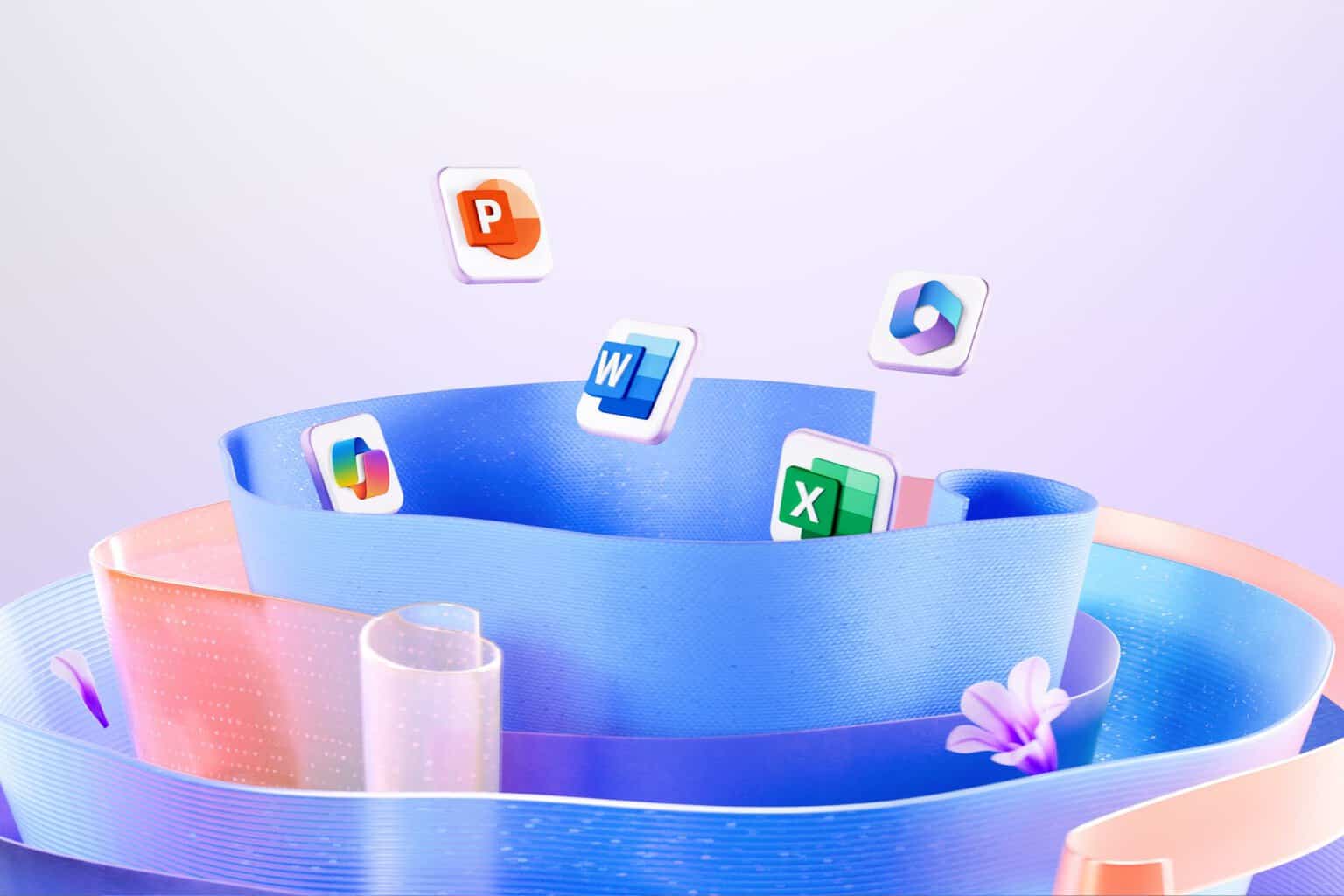
User forum
0 messages